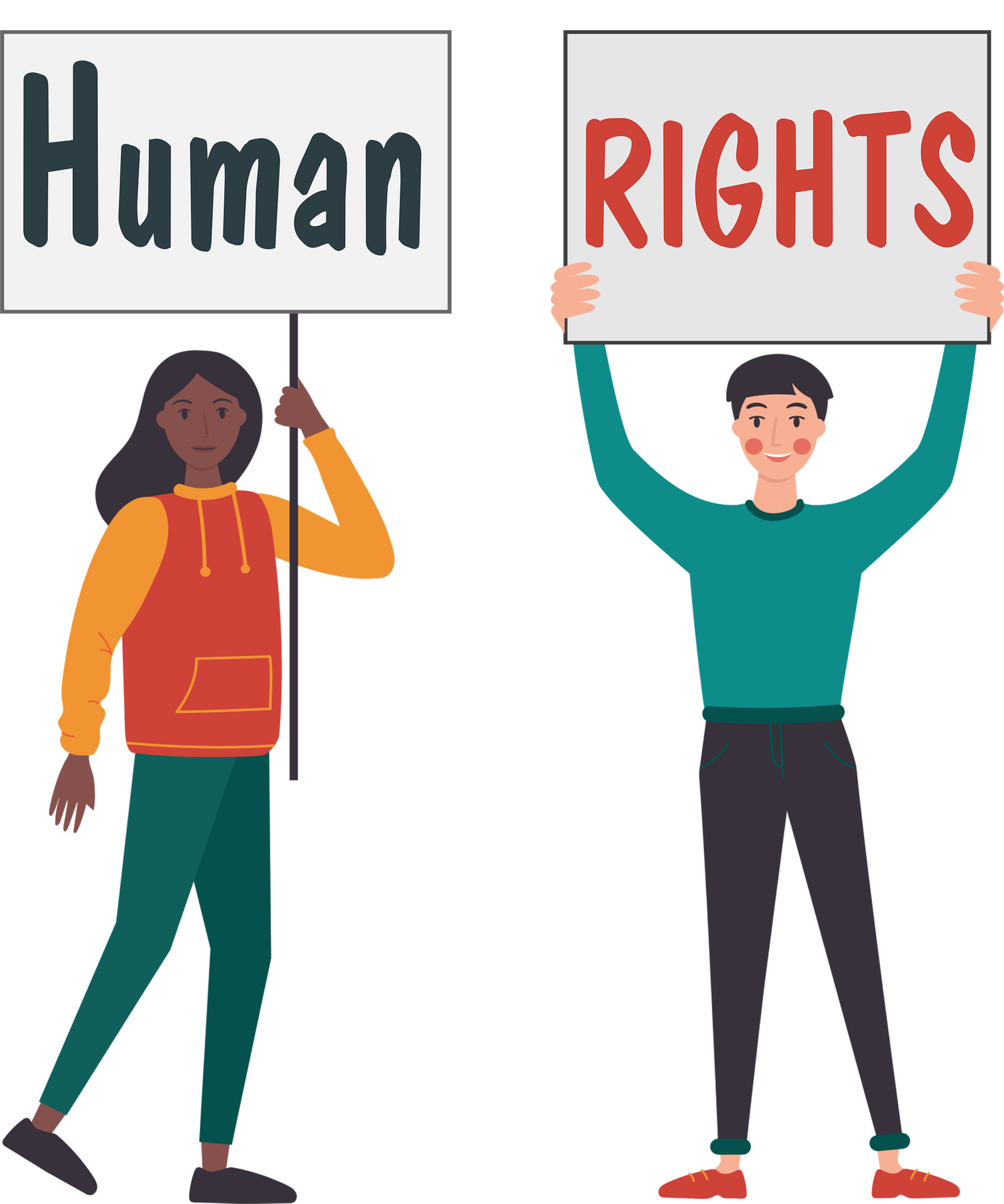Human rights law can be understood as customs, rules or practices that address the fundamental rights and freedoms of individuals. Human rights law can take many different forms, including international law, regional law, statutes of individual countries, and case decisions by the courts.
What are human rights?
Human rights are basic rights and freedoms. Those who believe in the universality of human rights believe that these rights belong to every person in the world, and that we are all equally entitled to these rights, regardless of where we are born.
Human rights include, for example, the right to liberty, to dignity, to equality and to be free from torture. There is no one set list of human rights. Which rights are recognised and protected depends on where in the world you live. Scholars, politicians, and human rights advocates debate which types of behaviour should be protected by these rights, and in what circumstances.
Take, for example, the right to legal gender recognition. This refers to the right to be recognised by your own internal experience of gender, not simply the gender recorded on your official identity documents. This offers protection to transgender people, whose appearance and identity documents may not match with their experience of gender. The right to legal gender recognition has been recognised in some regions of the world, but not in others. At this time, law suits across the world are testing the obligations of states to recognise an individual’s right to determine their own gender.
Types of human rights law
There are three overarching types of human rights legal areas: civil-political, socio-economic, and collective-developmental. The first two are individual persons against their government and are accepted norms identified in international law.
What does a human rights lawyer do?
The work of a human rights lawyer can be incredibly varied, as it revolves around the broad ranging rights set out in the Act. For example, rights such as ‘the right to life’, ‘to liberty’, ‘privacy’, ‘freedom of thought, conscience as religion,’ ‘freedom of expression,’ ‘peaceful enjoyment of your property’ and ‘right to an education’.
Some of these rights (e.g. not to be tortured) can’t be limited by the courts: other rights have limitations, to guard against unfairly damaging another individual’s rights. For example, the right to privacy and the right to freedom of expression are not always compatible.
The work of human rights lawyers therefore covers a wide range of law, from human rights and civil liberties to European law, public law, data protection and privacy, immigration, civil and criminal to name a few.
The work can be very high profile, with individuals taking on those in positions of authority (e.g. through actions against the police or miscarriages of justice); or the government and other bodies (taking cases to judicial review).
Spain is a country deeply committed to human rights. Their protection and promotion form one of the priority pillars of our foreign policy. Liberty, justice and peace are founded on respect for dignity and the inalienable rights of all people. Spain wishes to contribute to a freer, fairer world in peace. For more information about human rights law and Spain visit: https://www.exteriores.gob.es/en/PoliticaExterior/Paginas/DerechosHumanos.aspx
For information on a related subject of “What is animal law?“, visit this article which is part of our series at https://buenosabogados.es/what-is-animal-law/










